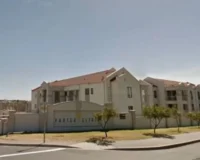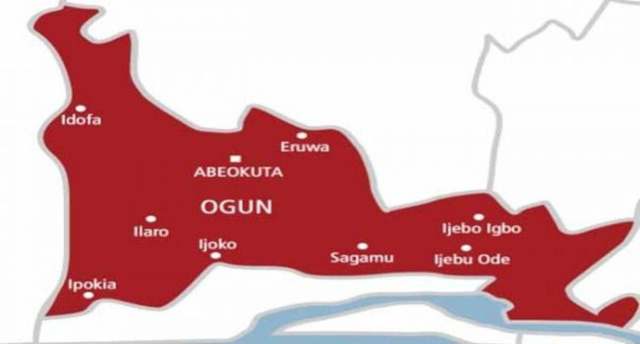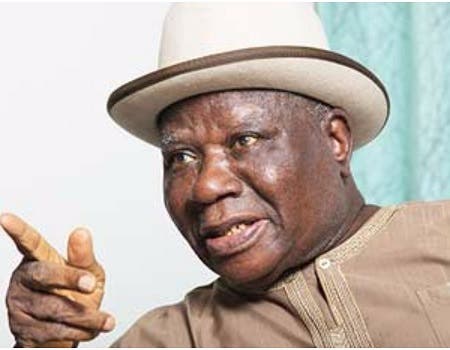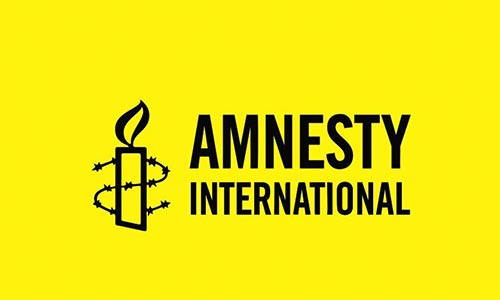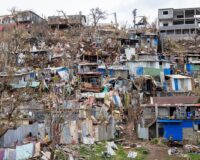A woman known to have sold over 120 children has been arrested by the National Agency for the Prohibition of Trafficking In Persons (NAPTIP), according to the Director-General, Prof Fatima Waziri-Azi.
She made the disclosure on Thursday when she appeared before the Senate Committee on Special Duties in Abuja.
Incidentally, NAPTIP has never had tracking equipment to track the activities of criminals since it was created 20 years ago.
She told the committee that the agency had also been investigating the proliferation of orphanages using fake documents to front for trafficking rings.
She stated, “We are currently prosecuting a woman who has sold over 120 children. Young girls are lured into baby-making machines where they are camped in houses, and they sleep with different men.”
The DG told lawmakers that the ‘japa syndrome’ was being exploited by traffickers, who used it to lure unsuspecting victims.
She added, “We have 32 offices in the country. We don’t have offices in Kogi, Niger, and Bauchi State, and we spent a lot from our shelters.
“We feed the victims, clothe them, provide support, trace their families, and help repatriate.”
She told the committee that up to 20,000 victims had received support, as she listed Lagos, Katsina, Kano, and Abuja on the list of states with many rescued victims. Benue State tops the list.
On the number of convictions secured by the agency, she said, “recorded 639 in 20 years, while in 2021 alone, 1,232 human trafficking complaints were received.”
Waziri-Azi said trafficking was now widespread in the country, with states like Jigawa, Kano, and Katsina being major routes, aside from Edo, which used to be a known case.
She spoke on the agency’s operational challenges, saying, “We existed for 20 years, but we don’t have a tracking device. We rely on Interpol DSS for the machines we use in tracking.”
Baby factories are another issue the agency is battling, according to the DG, forcing it to seek the support of the Nigerian Army and the Nigerian Navy to raid suspected locations.
She stated, “I know we did one in Anambra and another in Rivers State. But they pop up everywhere and are predominant in mostly the South-South and South-East parts of Nigeria. Currently, we are prosecuting a woman who sold about a hundred and forty-something children in two years. We also are working with a group of parents whose children were stolen from different communities in Nasarawa State.
“Some of these children we are still working on recovering them. In fact, there’s a young boy, he’s called Daniel. Daniel should be three years old now. He was rescued, I think, probably at the end of 2021 or the beginning of 2022; I don’t remember. And when he was rescued, two families came up and said, this little child was their child, and we were forced to conduct a DNA test, and none of it matched at our shelter.
“These are the kind of cases that we see every day. We are currently investigating a lot of fake orphanages, a lot of people who go and forge documents and deceive people who really want to adopt children. So this is a situation that we are aware of and this is a situation that we know as an agency we can tackle on our own, which is why we are working with the Nigerian Armed Forces, DSS, and the police.
“We are collaborating with everyone because even though under the Trafficking in Persons Act, it does not categorically provide for baby factories, but we have a crime against buying and selling of children. And of course, baby factories fit in nicely into that and sometimes people just think that people leave their children on the streets and probably maybe they get stolen or young girls decide to be baby-making machines.
“We have a situation where young girls are lured under the guise of being offered a job. When you go there, they, of course, take your phones, they lock you up in a room and consistently different men come every day to rape you until you get pregnant. And once you give birth, they take that child. Just very recently, a few months ago, we got information on a Nigerian woman who was living in Jabi Park.
“She was living in a box, and this is a woman who was completely out of her mind. Even though sometimes the brief interaction that we had with her, she has lucid intervals but largely most times in the day, you know, she’s completely out of her mind.
“At the time she was rescued, she was six months pregnant, and that was her third pregnancy. So what happens is at night different men come they sleep with her, she gets pregnant, and once she gives birth, they take the child away. So we’re able to locate her family in Cross River or Akwa Ibom, and she was reunited with her family. For years, her family didn’t even know where she was.”



